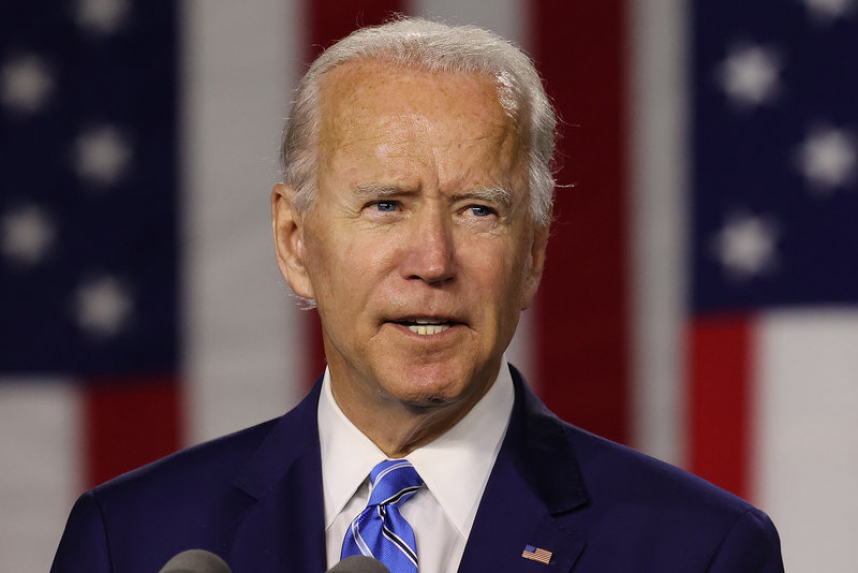
The Biden administration on Wednesday threw its support behind a proposal to waive intellectual property protections for coronavirus vaccines, with liberals framing it as a necessary bid to speed the shots to billions of people in the developing world, while the drug industry warned of devastating effects to vaccine production.
U.S. Trade Representative Katherine Tai said the United States will move forward with international discussions to waive the protections for the duration of the pandemic. U.S. officials helped block a World Trade Organization proposal that was introduced last year to stop enforcing patents for coronavirus-related medical products. Dozens of developing countries have pushed for the proposal, saying it would allow them to rapidly-produce their own generic vaccines, rather than wait months or years for sufficient doses.
The decision to go forward with the waiver after weeks of internal deliberations was finalized at a White House meeting with President Joe Biden on Tuesday, said senior administration officials who spoke on the condition of anonymity to describe the deliberations. Staffers at the meeting included Tai, national security adviser Jake Sullivan, coronavirus coordinator Jeff Zients, and Bruce Reed, deputy chief of staff for policy, all of whom supported the decision. Commerce Secretary Gina Raimondo, who had concerns about the waiver, was not included in the meeting, the people said. The Commerce Department declined to comment.
Liberals had lobbied Biden to move quickly as coronavirus cases are surging in India and around the world. Sen. Bernie Sanders, I-Vt., and colleagues celebrated Biden’s decision as a necessary step for saving lives while restoring America’s position on the global stage.
The drug industry said that the move would backfire, with the Pharmaceutical Research and Manufacturers of America predicting that allowing more manufacturers to begin making shots would spark new competition for limited ingredients, slow down existing production and lead to counterfeit vaccines.